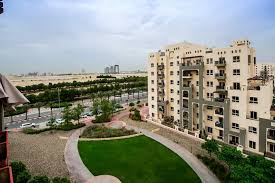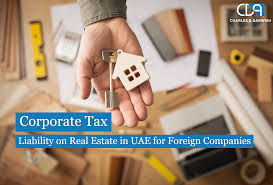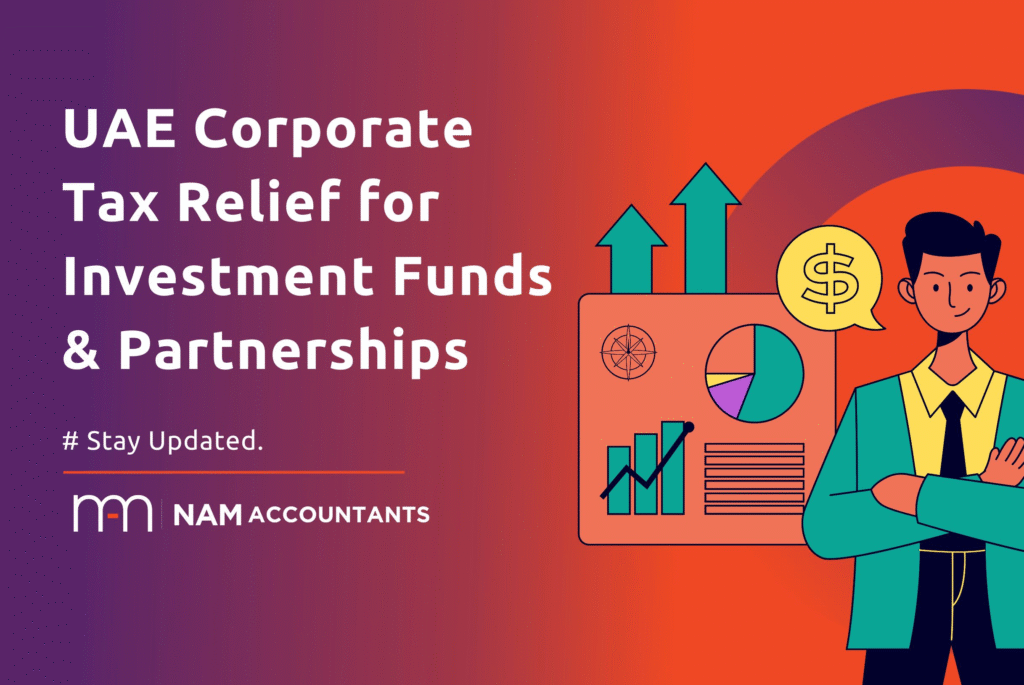
Tax Relief Programs: The UAE’s real estate market in 2025 is thriving, with AED 893 billion ($243 billion) in transactions in 2024 and a growing focus on affordable housing to meet the needs of middle-income residents and expatriates. The 9% corporate tax, effective June 2023 under Federal Decree-Law No. 47 of 2022, and the 15% Domestic Minimum Top-up Tax (DMTT) for multinationals with revenues over €750 million (AED 3 billion) starting January 2025, pose challenges for developers.
However, targeted tax relief programs and incentives, aligned with initiatives like Dubai 2040 and Abu Dhabi 2030, support affordable housing projects in areas like Dubai South, Jumeirah Village Circle (JVC), and Al Reef. Below are eight tax relief programs and strategies for American investors and developers building affordable housing, ensuring compliance while maximizing 7-10% returns.

Developers operating as Qualifying Free Zone Persons (QFZPs) in free zones like Dubai South Free Zone or Ras Al Khaimah Economic Zone (RAKEZ) enjoy a 0% corporate tax rate on income from affordable housing projects within the zone. For example, a QFZP developing AED 500,000 ($136,000) apartments in Dubai South avoids 9% tax on AED 10 million in profits, saving AED 900,000. Compliance with Decision 265, including maintaining local substance, is required, and income from mainland transactions is taxable. This supports high yields (8-10%) in emerging areas.
Developers with annual revenues below AED 3 million ($816,000) qualify for Small Business Relief, offering a 0% corporate tax rate until December 2026. A small developer building affordable units in Ajman, earning AED 2 million in profits, saves AED 180,000 in taxes. This relief, ideal for startups in Sharjah or Ajman, excludes multinationals and QFZPs but supports 7-9% yields for compact projects. Accurate Federal Tax Authority (FTA) filings are mandatory.

Under UAE VAT laws, sales of residential properties (excluding the first sale of new builds) are exempt from the 5% VAT, reducing costs for buyers of affordable units in JVC or Al Ghadeer. For a AED 400,000 ($109,000) apartment, this saves AED 20,000 per transaction, enabling developers to offer competitive pricing. Developers must ensure compliance with VAT regulations, as commercial components may incur VAT, preserving affordability and 7-8% investor returns.
Real Estate Investment Trusts (REITs) focusing on affordable housing are exempt from corporate tax if they distribute 80% of income and maintain diverse ownership, per Cabinet Decision No. 34 of 2025. A REIT managing AED 50 million ($13.6 million) in JVC rentals avoids AED 4.5 million in tax, benefiting investors with 7-8% tax-free yields. This structure attracts U.S. investors seeking stable, scalable returns in inclusive communities.
Abu Dhabi’s local government offers tax incentives for developers meeting affordable housing quotas, as part of its commitment to citizens and expatriates. Developers building units in Al Reef or Khalifa City, priced below AED 1 million ($100,000), can access reduced municipal fees and exemptions from certain registration costs, saving 2-3% of project expenses. These incentives, noted in 2025’s real estate forecasts, support 6-8% ROI and align with Abu Dhabi 2030’s sustainable goals.

Government programs, like those under Dubai Land Department (DLD) and Abu Dhabi Housing Authority (ADHA), provide subsidized land for affordable housing, reducing taxable development costs. In Dubai South, developers receive land at below-market rates, lowering project budgets by 15-20%. These savings offset the 9% corporate tax on profits, enabling AED 400,000 ($109,000) units and 8% yields, with priority for projects meeting Dubai 2040’s affordability targets.
Corporate tax allows developers to deduct interest expenses on loans for affordable housing projects. A developer borrowing AED 20 million ($5.45 million) at 6% for a JVC project deducts AED 1.2 million in interest, reducing taxable income and saving AED 108,000 in tax. This strategy, requiring seven-year record retention, supports cost-efficient projects in Sharjah or Ajman, maintaining 7-9% yields.
These tax reliefs bolster UAE’s 7-10% yields, surpassing global averages like London (2.5%). Freehold ownership, no personal income tax, and visa programs (2-year Investor Visa for AED 750,000, Golden Visa for AED 2 million) drive demand, with 45% of Dubai’s 2025 buyers being foreign. Government support for affordable housing, proximity to Dubai International Airport (20-45 minutes), and U.S.-UAE double taxation agreements enhance appeal.
The UAE residential market expects a 5% CAGR through 2030, with affordable housing in JVC, Dubai South, and Al Reef growing 6-8%. The DMTT’s 15% rate for MNEs and AML compliance costs add complexity, while a potential 10% correction in 2026 due to oversupply (41,000 Dubai units) poses risks. RERA-registered agents and FTA consultants ensure compliance with nine-month filing deadlines, avoiding penalties up to AED 10,000.
Free zone exemptions, small business relief, VAT exemptions, REIT benefits, Abu Dhabi’s incentives, subsidized land, financing deductions, and transfer pricing are eight tax-efficient programs for affordable housing in the UAE. These strategies minimize the 9% corporate tax, support 7-10% ROI, and align with American investor goals in a vibrant 2025 market. With expert guidance, developers can navigate regulations, deliver inclusive projects, and drive sustainable wealth creation in Dubai, Abu Dhabi, and beyond. Tax Relief Programs
read more: RETT and VAT: 6 Key Differences UAE Investors Must Understand in 2025
